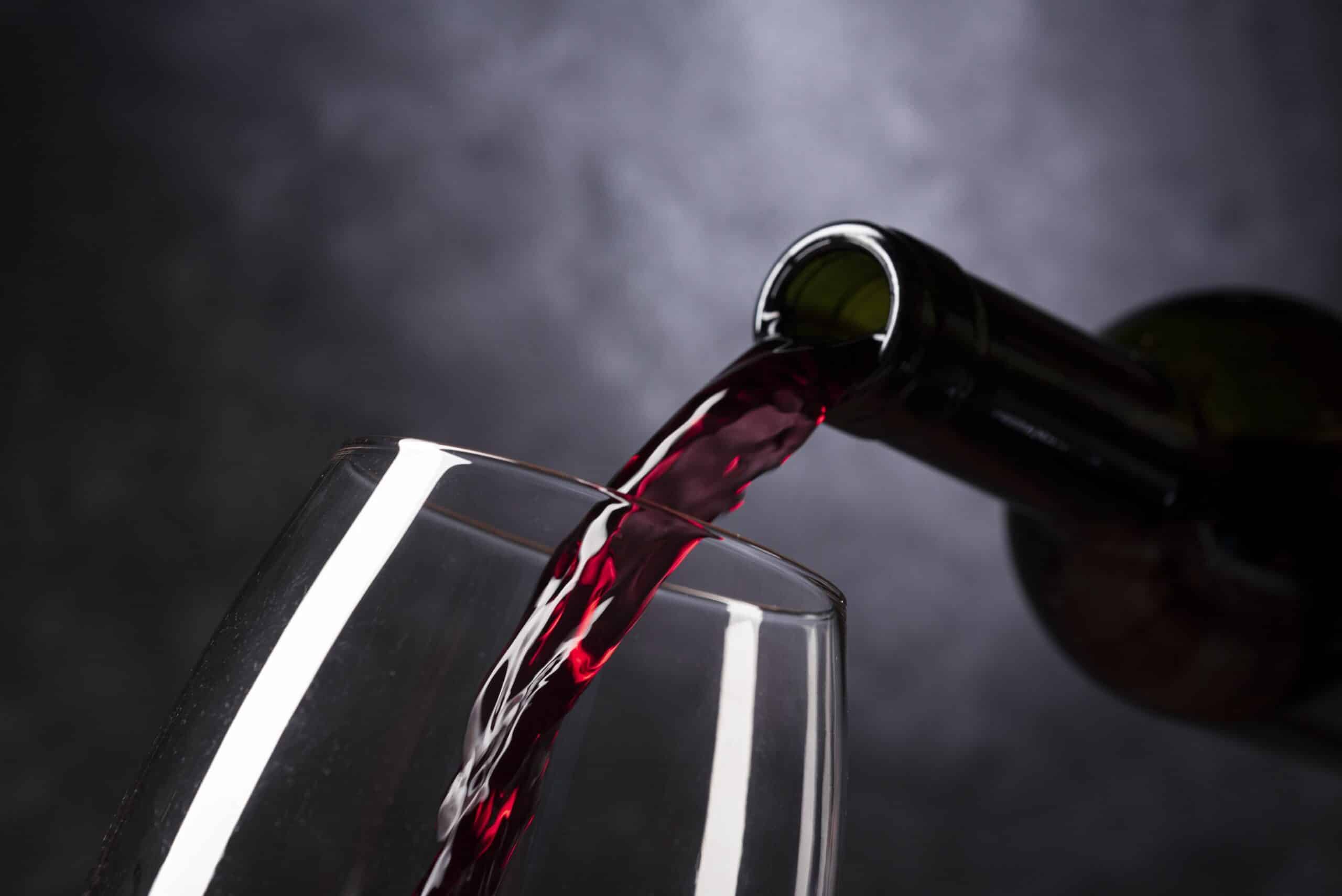With every day bringing another slant on the so-called reciprocal tariffs threatened by US president Donald Trump, the greatest damage so far has been done to Portuguese – and wider European – wine producers who have seen all their orders ‘stopped’, even though the tariffs have yet to be brought in.
Paulo Amorim, president of ANCEVE, the national association of traders and exporters of wines and spirits, puts it bluntly: “We are unable to sell”.
The uncertainty as messages coming out of the White House change by the day, if not by the hour, is so “terrible”, he said that the distribution chain in the United States has simply opted to close down.
“We are facing a terrible problem”, he admits – suggesting whatever eventually happens with these controversial new tariffs, the greatest losers will be wine producers, which in Amorim’s eyes is a “gigantic injustice”.
Paulo Amorim gave his news after a meeting with the Minister of Economy and the Minister of Agriculture and Fisheries, together with 16 other sectoral associations, in Lisbon, earlier this week. In his view, Portuguese wines need a “new Porter plan” (this being a reference to a plan brought in 30 years ago by PSD prime minister Cavaco Silva, to promote key sectors in Portugal), bearing in mind that “wine carries the name of Portugal far and wide”.
But it is not just wines that are facing the uncertainty that has been unleashed on the world by the Trump administration. Everywhere one looks there are casualties: American tourists are taping up the American flag on their baseball caps/clothing; leaving MAGA hats well-hidden (if they ever had them), hoping they will be mistaken for Canadians – while tourism entities are accepting that the booming US market could soon ‘dry up’ (as any tariffs will rebound on American consumers too, and leave some less able to enjoy the luxury of European travel).
Portuguese universities have also come up against the new US administration’s ‘diversity purge’, seeing their ‘American Corner’ programmes lose funding unless they are prepared to answer a questionnaire from the US government (see story on page 9). Portugal’s caretaker government, in the form of foreign affairs minister Paulo Rangel, has given them complete backing in the decision to ‘refuse to play ball’, saying the questions were unconstitutional. “If the Portuguese government can’t ask questions like this of a university, in order to condition any support for a certain public policy, neither can the administration of a foreign state”, he told reporters.
The government meantime has announced a €10 billion raft of measures to protect exporting businesses which – according to finance minister Joaquim Miranda Sarmento – will not have any budgetary impact. (This is, after all, an election year. If one believes politicians are economic with the truth, it follows they may stretch this characteristic when it comes to winning – back, or just winning – power).
And to further add to the confusion of the moment, the worst of the tariffs have been ‘suspended for 90-days’ (except with regard to China), leaving everyone trying to keep up in a lather of ghee.
Thus to recap: wine exports are in the doldrums; exporting sectors have no idea what to expect; American tourists are on tenterhooks; universities are losing funding; suppliers to US embassies/ military bases are studiously ignoring diversity demands (see last week’s paper); trillions of euros have been wiped off financial markets – and the tariffs have not yet properly kicked in.
Can there be anything good to say? There can: two national political references – former deputy prime minister Paulo Portas (of the PSD-CDS-PP coalition of Pedro Passos Coelho) and Mário Centeno (former Socialist finance minister and current governor of the Bank of Portugal) – both believe the tariff crisis will be short-lived, and ultimately, amount to very little.
The pair spoke at a forum on business innovation in Leiria earlier this week – and the bottom line was that Europe should not ‘retaliate’, and instead focus on the greater liberalisation of the bloc, and, more particularly, the European economy.
Then, came a story – subsequently widely shared – in Público, claiming that “almost half Portugal’s exports to the US escape Trump’s tariffs” anyway. This is because certain markets (medicines, light oils and petroleum preparations) have, this far, been excluded from President Trump’s crusade to ‘free the American people from being treated so badly’.
According to Público, the value to Portugal of exports to the United States in 2024 came to €5.318 million, of which 44.5% (€2.365 million) were outside the scope of Donald Trump’s new tariffs.
The good news could flounder if the American president goes ahead with what he says is his intention to ‘tax’ medicines by 10%. “In this sector, €1.167 million were sold to the American market last year”, explains one of the outlets picking up Público’s story. “Light oils and petroleum preparations from GALP Energia – the main exporter to the US – can also be added, with €1.030 million”. But so far, none of these have been targeted, in much the same way as the reciprocal tariffs have not yet been put into place…
Nonetheless, of the 4,255 Portuguese companies that exported to the United States last year, almost 15% depended 100% on the US for their sales abroad. “These 624 companies were responsible for exports totalling €968 million” which was 18% of their total business.
Another 645 companies depended hugely (between 50-99%) on business with the United States, with an overall value of over €1 billion..
According to calculations by the Bank of Portugal, the sectors with the greatest exposure to the US market are textiles, non-metallic mineral products, like glass and porcelain, and beverages (namely wines and spirits) – meaning these will be the ones most concerned in getting pledges of support from the current (and soon to be decided) future government.
It goes without saying that, beyond the new American administration, economic analysts generally consider these tariffs to be “economic malpractice on a grand scale”: a form of gangsterism the likes of which hasn’t been seen for over a century; and the results of which cannot be predicted, beyond the fact that outcomes will cause widespread pain. Indeed, an analysis of academic studies by investment bankers Goldman Sachs has concluded that the whole reason behind the tariffs is cock-eyed. “The result is that they will have a net negative effect: for 100,000 manufacturing jobs that could be brought in, half a million jobs could be lost”.




















